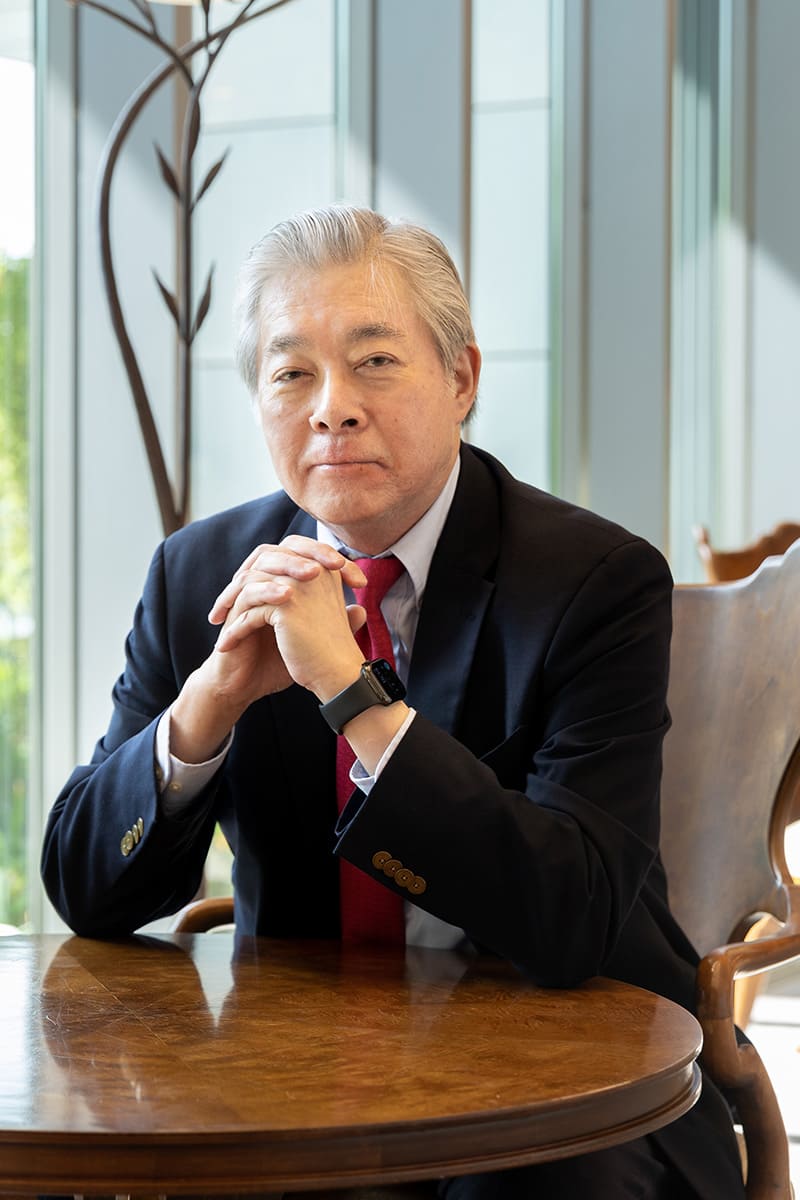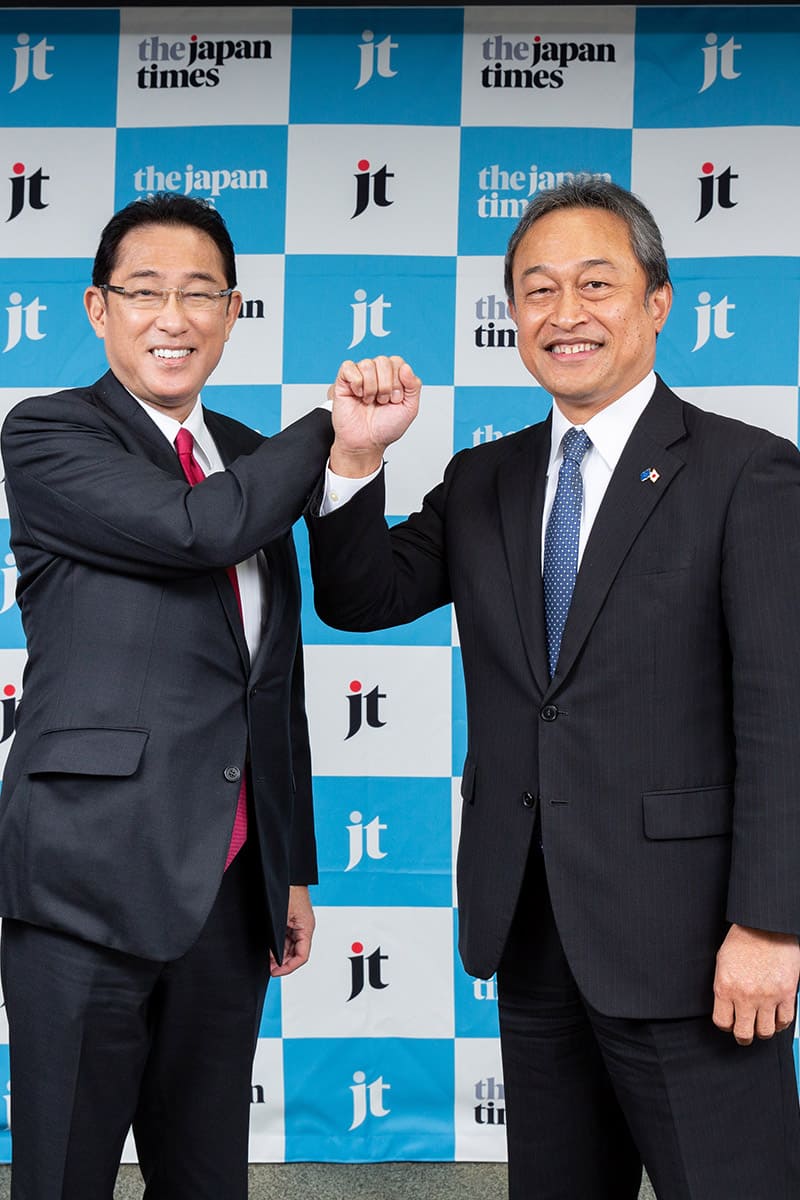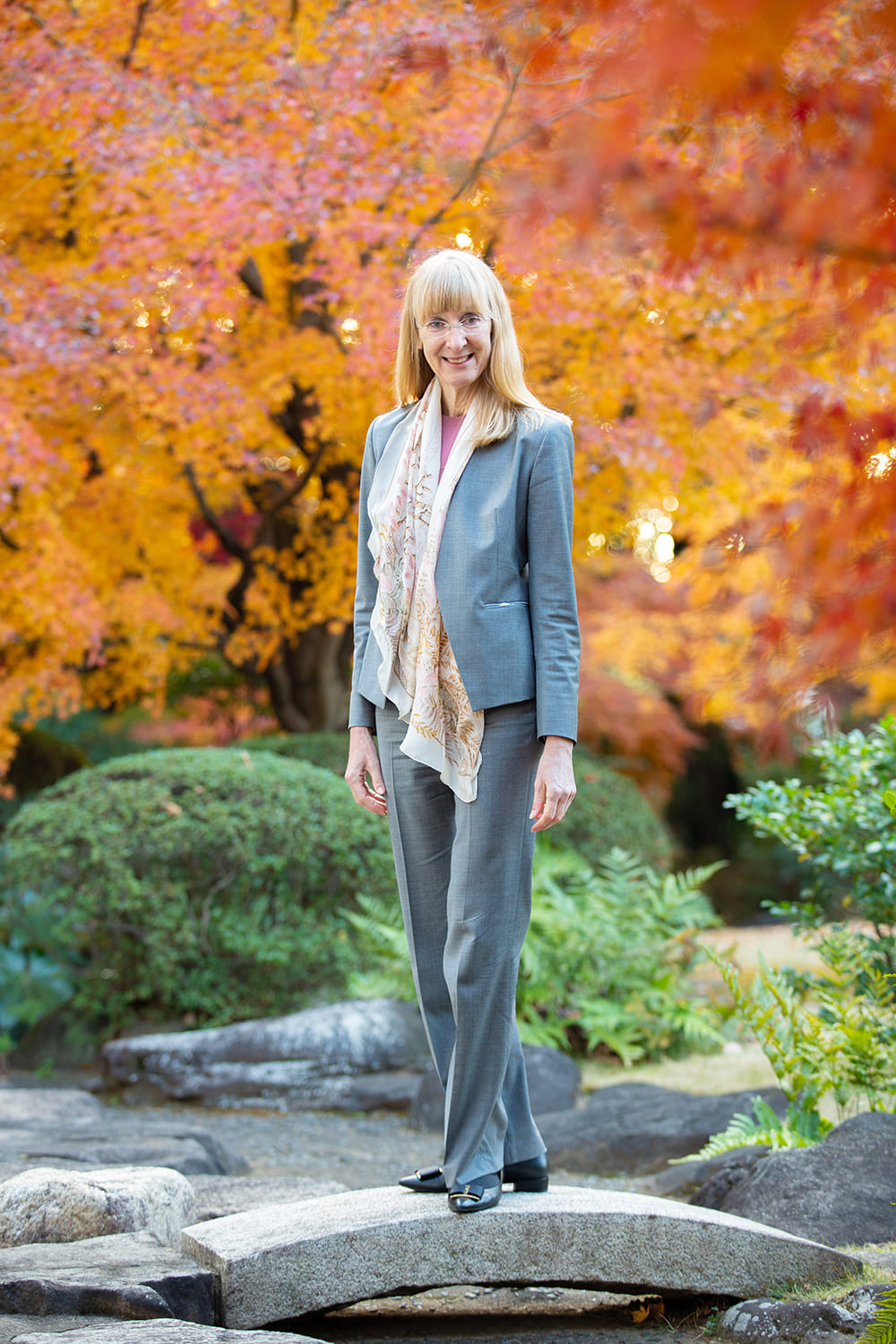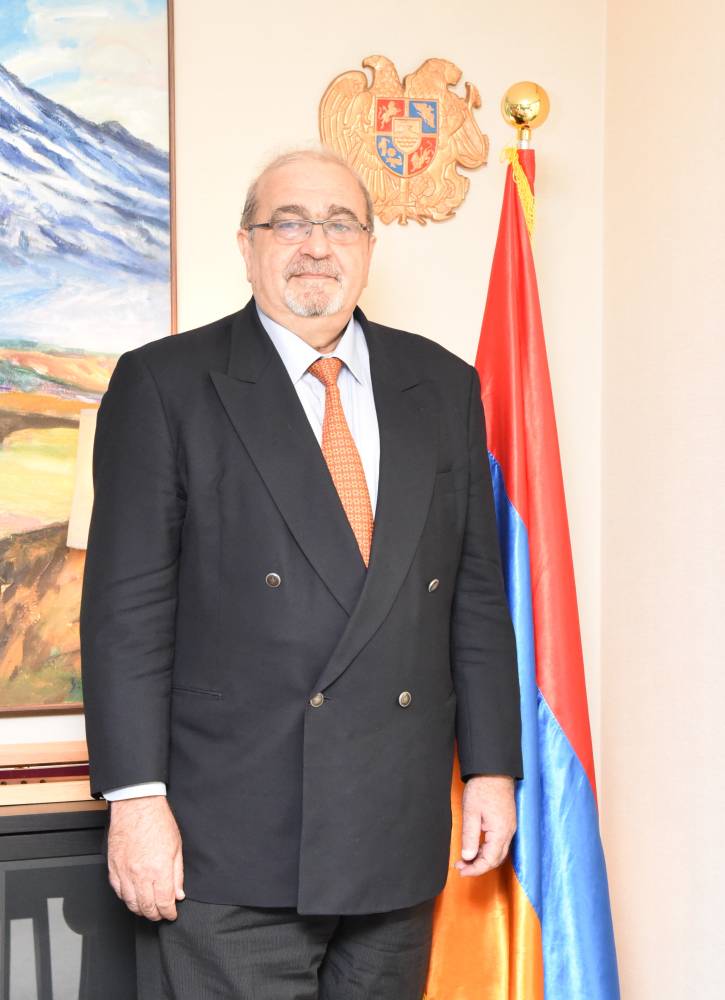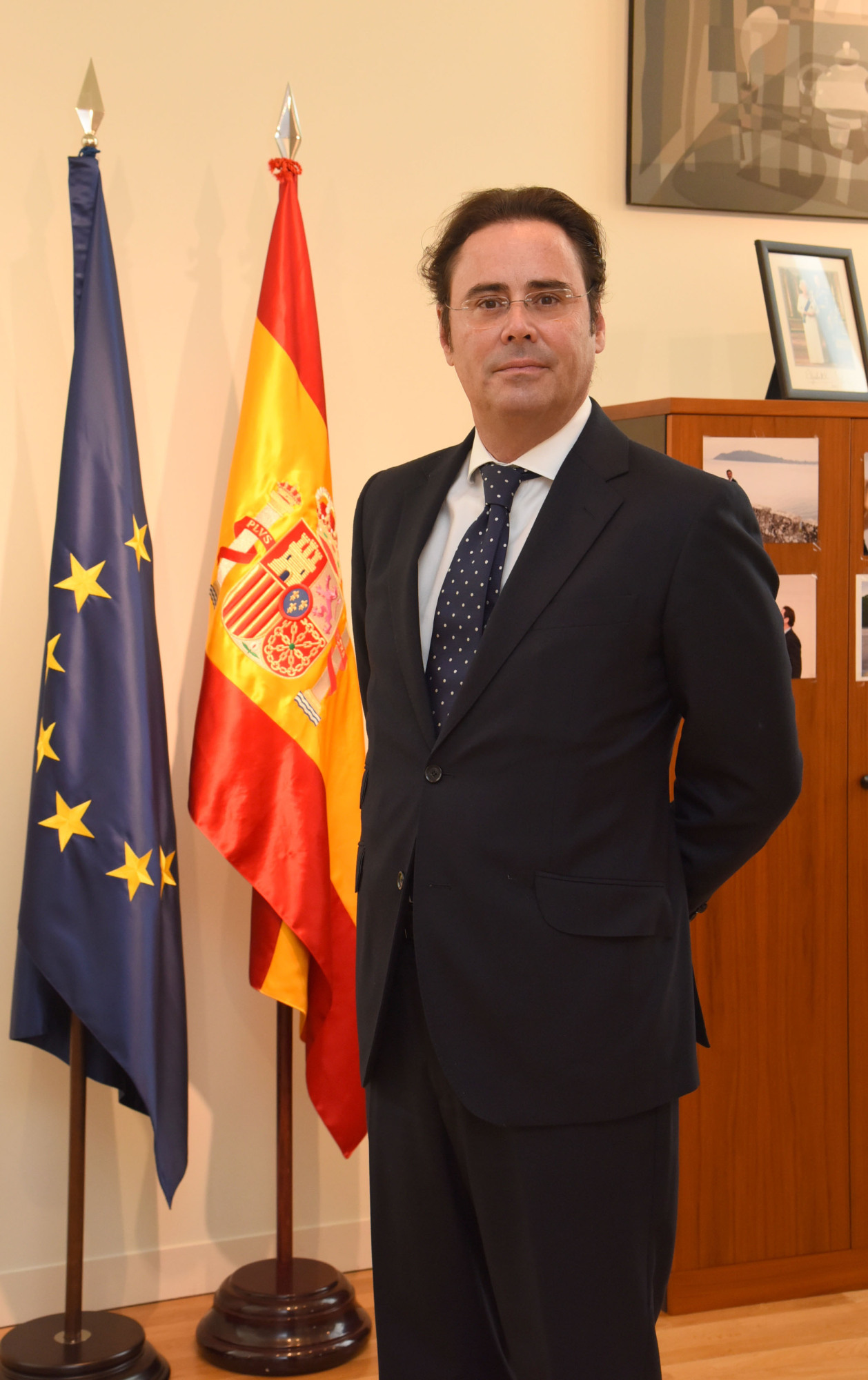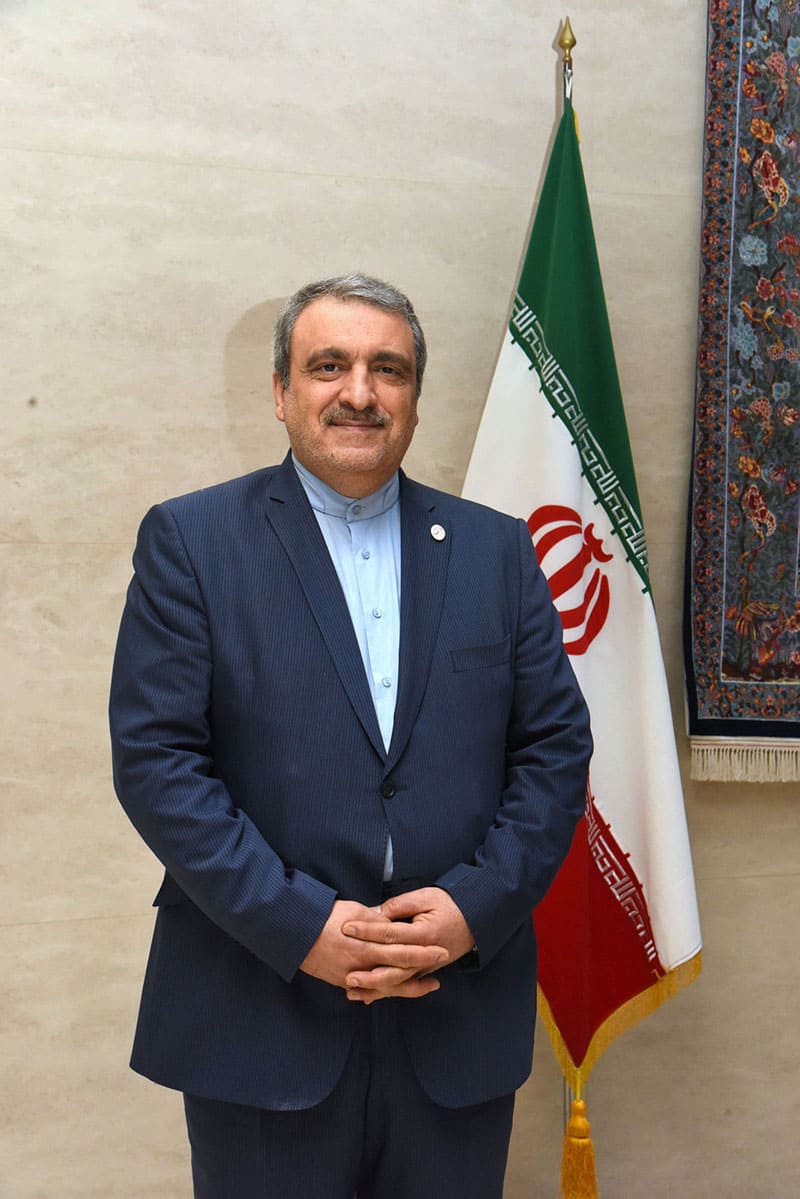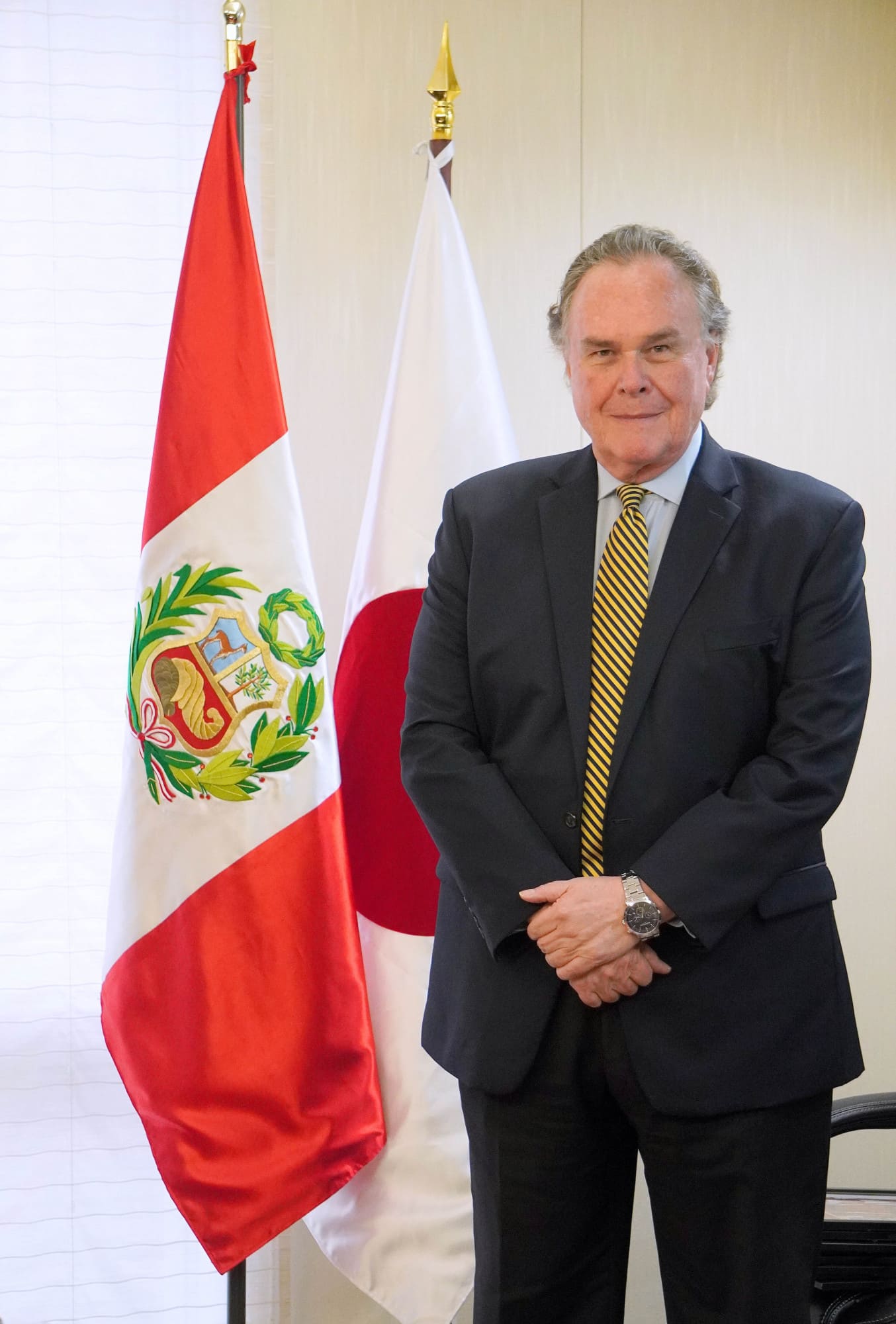
July 21, 2019
A diplomat’s ever-evolving role in a technological age
Ambassador Harold Forsyth on Peru-Japan ties, adapting to digital trends
BY JANE KITAGAWA
CONTRIBUTING WRITER
- Name: Harold Forsyth
- Title: Ambassador of Peru
- URL: http://embajadadelperuenjapon.org
- DoB: May 27, 1951
- Hometown: Lima
- Years in Japan: 2
Peruvian Ambassador to Japan Harold Forsyth considers food a distinctive feature of his country.
While Peru conjures up images of the ancient wonder of Machu Picchu, the Amazon, the mass migration of Japanese, the tumultuous reign of President Alberto Fujimori and the Japanese embassy hostage crisis from 1996 to 1997, for Forsyth an obvious gateway to learning more about his country is Peruvian food.
Commenting on the back of a visit from one of the world’s leading chefs, Virgilio Martinez, who Forsyth said was invited to showcase his abilities in the kitchen for the pop-up restaurant event, Cook Japan Project, what makes Peruvian cuisine stand out is “the strong combination of flavors and deep identification with our roots.”
“Japanese culture has been present in Peru for 120 years. That gives both our countries a ‘taste’ that has interesting similarities (while) our gastronomies are at the same time very different,” Forsyth said. One such comparison would be Peru’s national dish of ceviche, raw seafood cured in citrus and Japan’s sashimi.
Another area the ambassador sees boosting the awareness of his country is tourism. While Machu Picchu is the country’s most obvious draw, Forsyth added that the sacred city of Caral, Peru’s 11th UNESCO World Heritage site and the Nazca Lines, a grouping of giant geoglyphs etched into the ground are not to be missed. Three Japanese scientists took an ornithological approach to re-identify huge birds at the latter attraction; the results of their work were reported worldwide in June.
Forsyth described what an honor it is to be in Japan. “I’ve had the amazing opportunity to be ambassador of my country to the three greatest economies — the United States, China and now Japan,” he said, adding that any success achieved was also due to working with talented people and having the support of his different governments.
“Considering that Peru was the first Latin American country and one of the first in the world to recognize Japan as a diplomatic partner in 1873, I just have to follow the path of my predecessors and keep transforming ideas into the solid realities and strong relations that our countries have had for the last 145 years,” Forsyth said.
Japan’s moves to set up an office of the Japan Foundation in Lima as a base for strengthening exchanges on the cultural and academic fronts also spoke to the seriousness of the bilateral relationship. The office will be the Japan Foundation’s first office in Spanish-speaking South America.
Early diplomatic postings saw Forsyth dispatched to countries across South America, as well as Bulgaria, Turkey, Canada and Germany. He had originally trained as a journalist at the Pontifical Catholic University of Peru — “Journalism is a love affair for me” — but upon graduation had felt a need to do something else.
“Studying to be a diplomat (over the course of three years) was very intense,” said Forsyth. “I discovered that diplomacy and journalism had a lot in common, which is (how you) act around people, understand people and especially, to communicate or transmit (knowledge).
“Being a diplomat you are a public servant, but that is not enough. You have to develop your ability to transmit, to communicate and inspire trust; that’s key,” he said. “You have to project an image of being a trustworthy person when you deal with the countries or the international audience to which you are representing yours.”
For Forsyth, seeing memorandums and treaties being signed demonstrated that he was succeeding at his job. He derived much satisfaction working as a diplomat in the United States where he was able to work not just with the country as a whole, but also with individual states. “Nobody had done it before, but the states are also eager to be world players and the federal government encouraged them to do so. I was able to establish formal ties with several of the states and that gave me a lot of pleasure because I knew we were on the right track. I try to do the same in Japan; it’s great to work with different governors and mayors,” Forsyth said, smiling.
Currently engrossed in the books of professor Yuval Noah Harari — “Sapiens: A Brief History of Humankind” and “Homo Deus: A Brief History of Tomorrow” —Forsyth is fascinated with how diplomacy might change in the future.
“Diplomacy is evolving with the times — a lot, and very fast — especially with the internet, with digital media and with Twitter, Facebook and Instagram. I’d equate (current) diplomatic activity in the world (reacting) to these new trends,” said Forsyth.
For him, the advent of rapid technological advancement also heralds changes in how diplomacy might be conducted, perhaps even eradicating the need for people altogether.
“The traditional reason for diplomacy was the need to represent your king, your sovereign; your government before other governments. Now, presidents communicate among themselves using WhatsApp. What use are diplomats then?” he asked.
“We face fierce competition. If we want to analyze what is going on in the Japanese elections we have to compete with media and other analysts. While diplomacy is evolving and undergoing radical changes, up until now, nothing has replaced the human context. I think humans will always be necessary, one way or another,” he said.
High-profile posts and journalism roles
Harold Forsyth hails from Lima. He majored in journalism at the Pontifical Catholic University of Peru and followed up with graduate qualifications from the Diplomatic Academy of Peru before embarking on his diplomatic career. The first of his assignments included Chile, Bulgaria, Venezuela, Canada and Germany; later high-profile postings as ambassador include Colombia, Italy, China, the United States and now Japan. In 1995, Forsyth was successfully elected as a Peruvian congressman for a single, five-year term where he served on defense, foreign affairs and intelligence committees. He also anchored the radio program Convocatoria at this time. Forsyth has authored three books and contributes to Caretas, a weekly magazine renowned for its investigative journalism. He is married and has three children, one being George Forsyth, who is a former soccer player and current mayor of the district of La Victoria in Lima.

